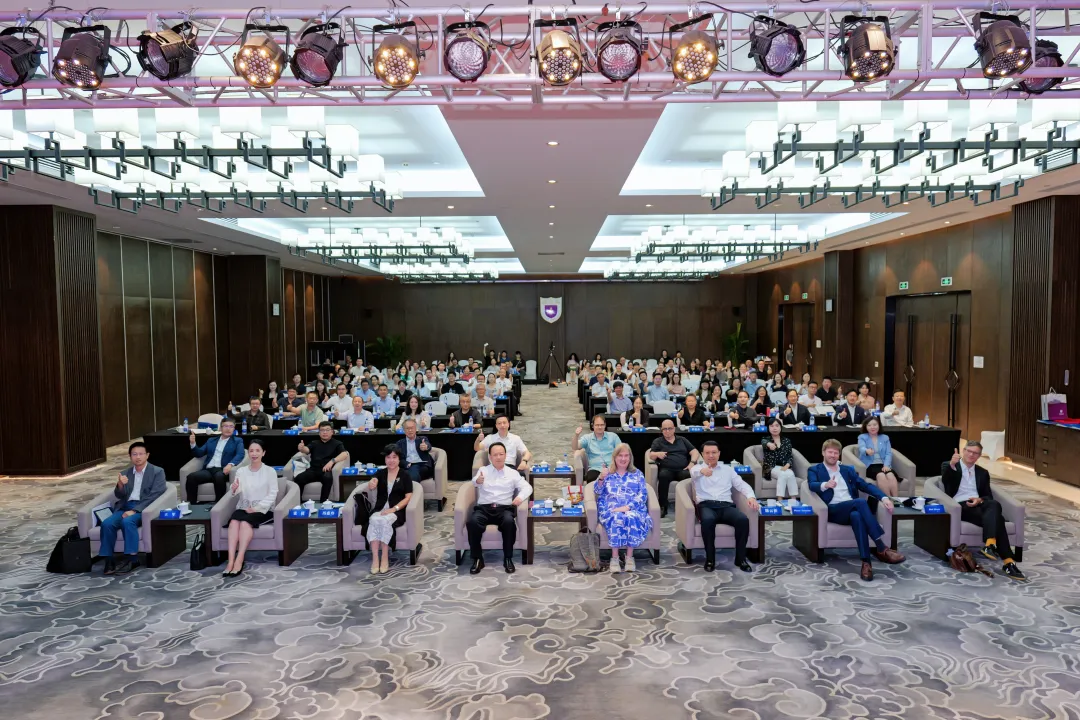On September 13, 2025, the Civilisation Studies in the Digital Age: WCLC (World Civilisation Laboratory Consortium) Inaugural Conference was held at Nanjing University. The WCLC was initiated by Nanjing University, bringing together over 30 top institutions related to civilisation studies from more than ten countries and regions, including Oxford University, Cambridge University, Edinburgh University, UCLA, Heidelberg University, ?cole Polytechnique Fédérale de Lausanne, University of Rome, Peking University, Tsinghua University, Renmin University of China, Zhejiang University, Hong Kong University of Science and Technology, and Hallym University of Korea. The WCLC is committed to addressing increasingly interdisciplinary and global issues by creating an academic community with shared values, shared technological platforms, and collaborative research capabilities. Tan Tieniu, Chair of NJU CPC Council and Academician of the Chinese Academy of Sciences, attended the opening ceremony and delivered a speech.
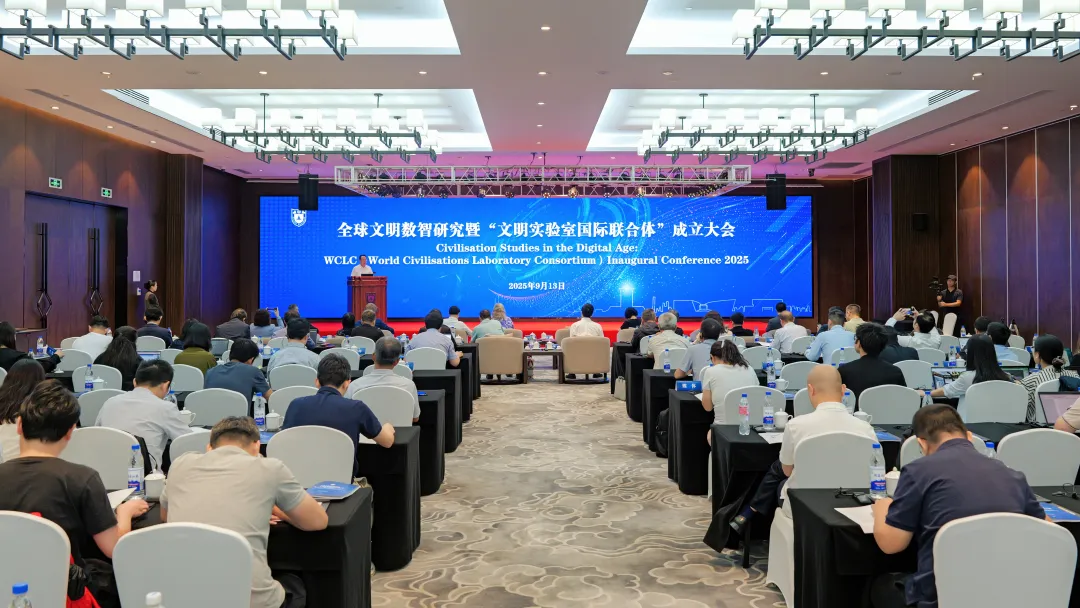
In his speech, Tan Tieniu pointed out that to implement the "Global Civilisation Initiative" and promote exchanges and mutual learning among civilizations, NJU has actively responded to the national cultural digitalization strategy by leading more than 30 laboratory institutions worldwide to jointly establish the WCLC. He stated that in today's era, digital intelligence technology is profoundly changing the paradigms and methods of humanities research. The consortium will better promote civilisational dialogue, strengthen international cooperation, establish cross-border and interdisciplinary collaborative mechanisms, break down "data silos" and "academic barriers," and promote "knowledge innovation" in digital civilization research. Based on global practices and upholding an open, inclusive, and dialectically critical attitude, the consortium will explore a more explanatory and forward-looking theoretical system of intelligent-era civilisation morphology, promoting "theoretical innovation" in digital civilization research. It will embrace artificial intelligence and technological transformation, expand research horizons, deepen research levels, and promote "methodological innovation" in digital civilisation research.
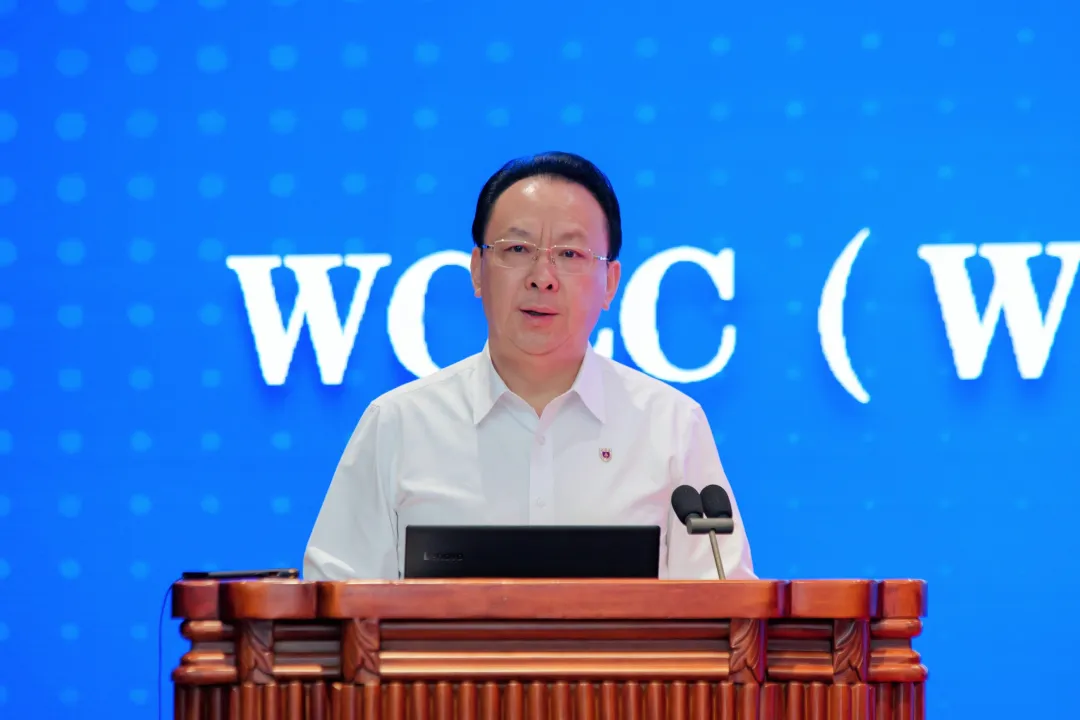
Tan Tieniu expressed his hope that member institutions would rely on the WCLC to practice the "Global Civilisation Initiative", broadly gather global civilisation studies forces, and contribute wisdom and strength to promoting the building of a community with a shared future for mankind and fostering the coexistence and prosperity of global civilisations.
Professor Melissa Terras, Fellow of the Royal Academy of Engineering and professor at the University of Edinburgh, highly praised NJU's leading role in the field of digital humanities and the significance of initiating the WCLC. She pointed out that artificial intelligence is currently at a critical juncture: from early explorations in logical reasoning to today's complex tasks such as product analysis and data interpretation based on big data, it has integrated into people's work and life, becoming ubiquitous. The knowledge of humanities and social science scholars about culture, creativity, and social operations can teach technology developers how to build fairer and more just AI systems and eliminate embedded biases. She looks forward to experts applying their rich theoretical and practical experiences to AI-related research, making it better serve all humanity.
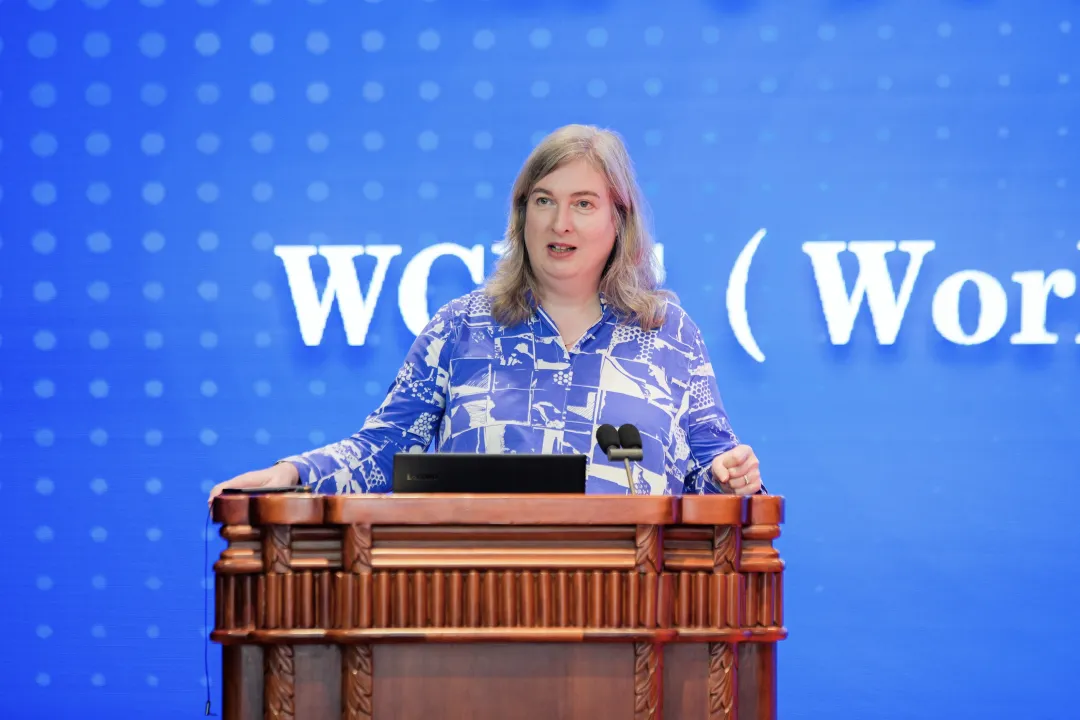
The opening ceremony was chaired by Chen Yunsong, Vice Chair of NJU CPC Council.
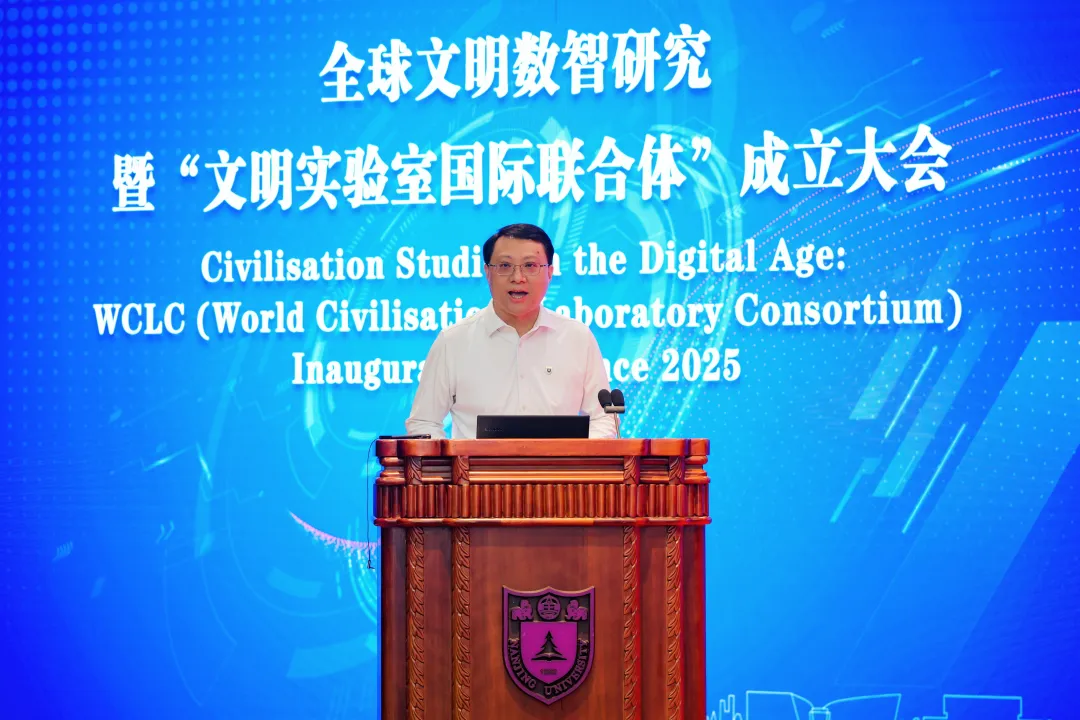
The conference held the establishment ceremony for the WCLC. The consortium will establish research links around common data infrastructure for civilizations, the characteristics, commonalities, and evolutionary patterns of civilizations, and themes such as thoughts, heritage, ecology, culture, and education. It is dedicated to the inheritance and protection of global cultural heritage, exploring the deep patterns of civilizational exchanges and mutual learning, and providing solutions for how humanity can overcome barriers and conflicts and address common challenges.
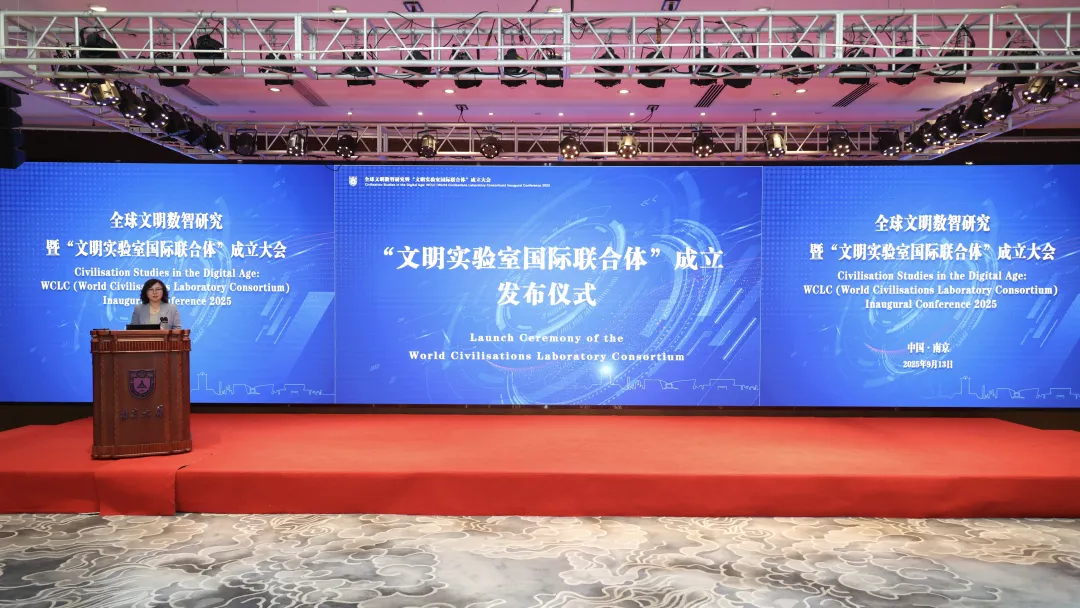
The conference also held an appointment ceremony for members of the Academic Committee of the WCLC. Chen Yunsong and Melissa Terras will serve as co-chairs, with experts and scholars from more than 30 universities and research institutions worldwide appointed as committee members.
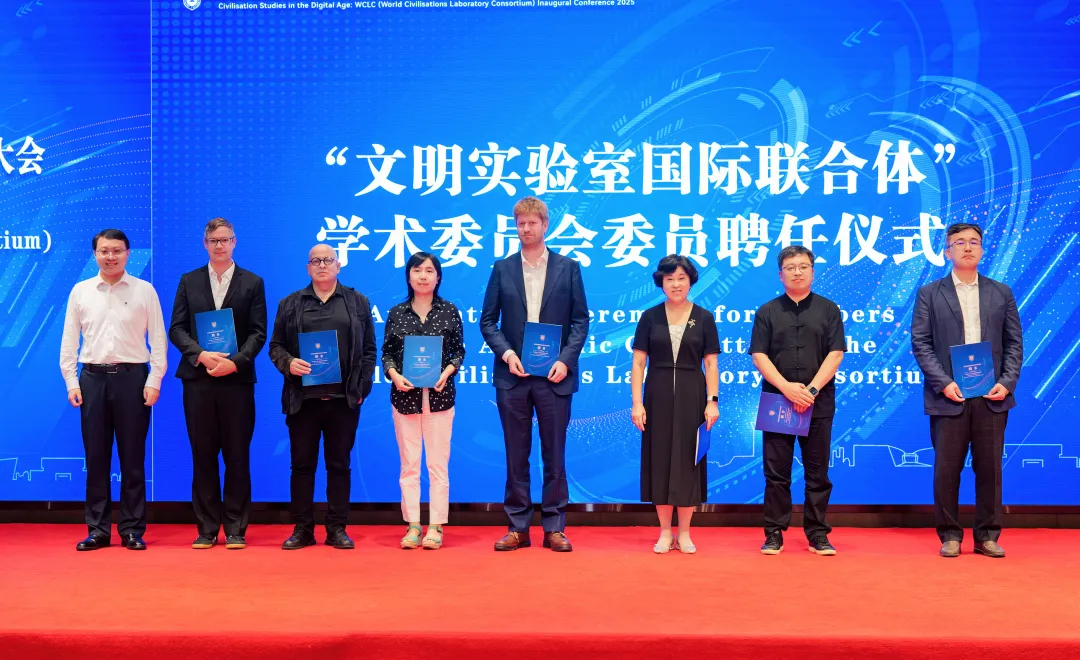
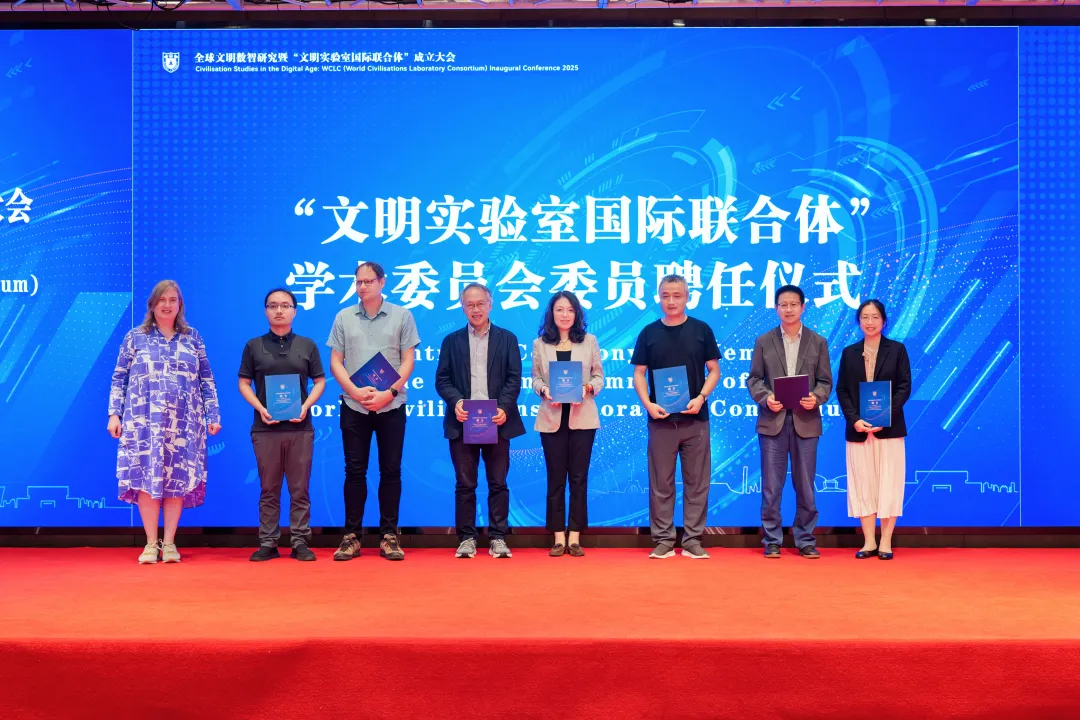
At the ceremony, NJU signed and announced multiple domestic and international cooperation projects with institutions including Oxford University and Hallym University of Korea, covering joint projects in civilisation studies, digital literacy education, digital heritage interaction, and other fields. These projects will be led by the Chinese Civilization Digital Innovation Laboratory at NJU. According to the introduction, the laboratory focuses on five aspects of civilization research: distant reading of civilisations, origins of civilisations, inheritance of civilisations, fusion of civilisations, and mutual learning among civilisations. Among them, the civilisation inheritance project focuses on major projects such as the integration of digital maps for the protection of ancient Chinese cities, maps of ancient Chinese cities in border regions, and maps of Chinese mosques showing the integration of Islam and Confucianism. It works on digital restoration and protection zoning for nearly 3,000 ancient Chinese cities, innovating methods and exploring standards for the inheritance and protection of global human historical settlement heritage, practicing the Global Civilisation Initiative through digital innovation. The civilisation distant reading project focuses on systematic excavation, structural analysis, and comparative measurement of the spiritual genealogy of Chinese and human civilisations, extracting and mining the iconic symbols and spatio-temporal trajectories of ideological evolution from Chinese and overseas original texts, and constructing a macro-cultural measurement index system and knowledge graph across civilisations.
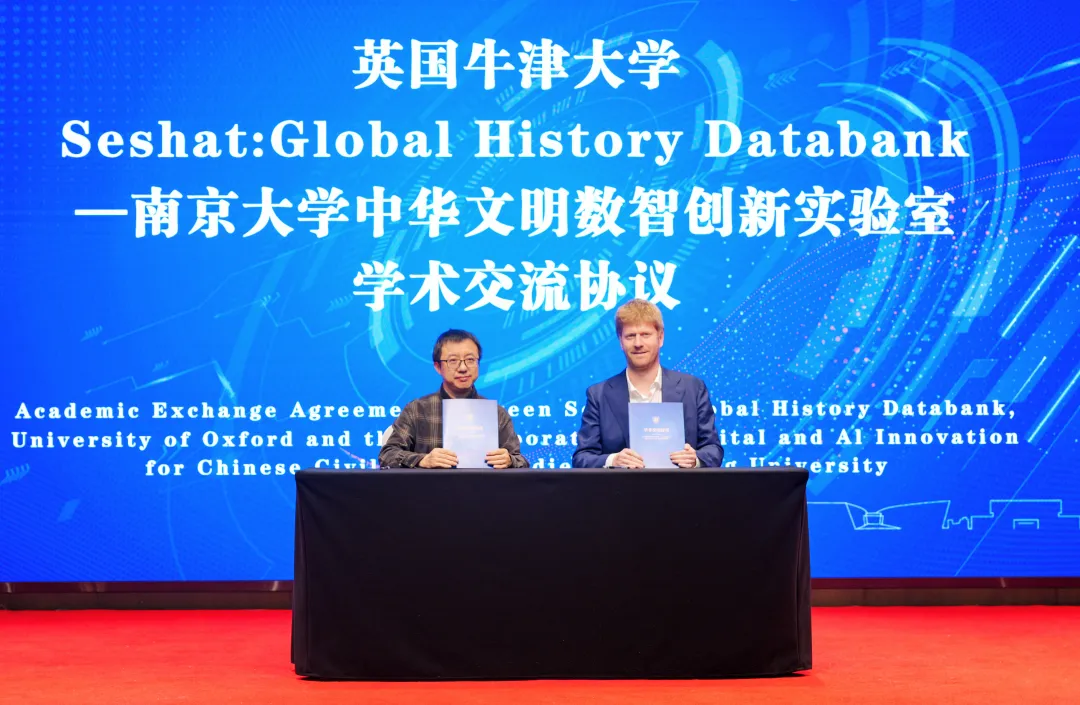
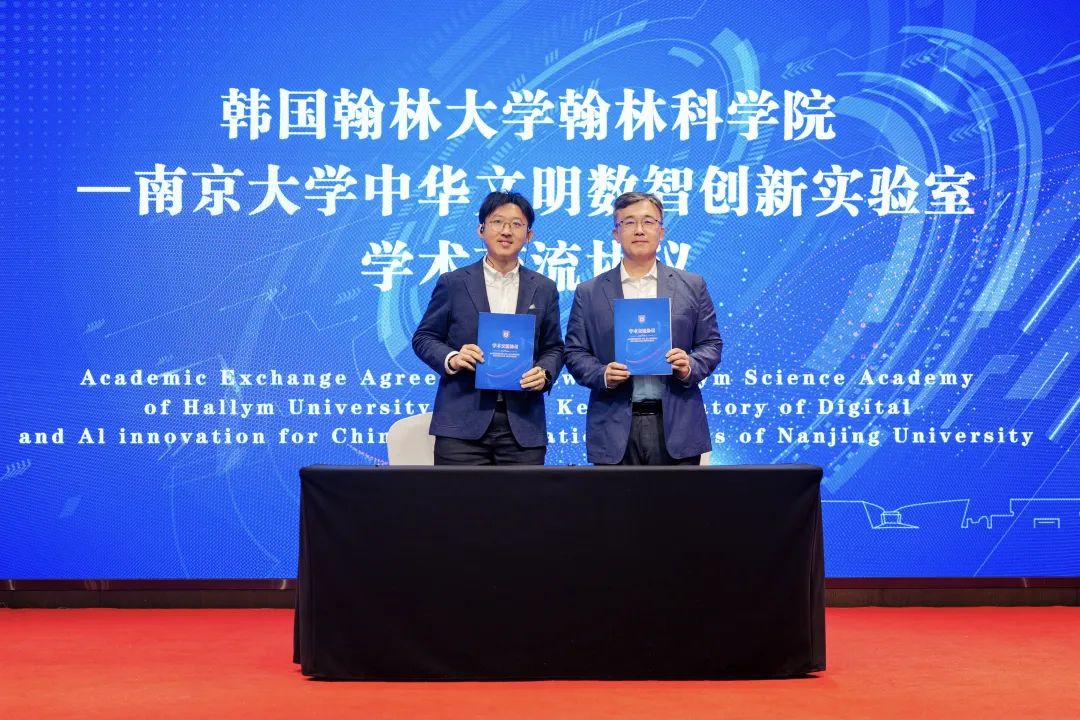
At the conference, experts and scholars engaged in in-depth exchanges on topics such as digital humanities, artificial intelligence and world historical analysis, and digital practices in civilization research. In the keynote speech session, Professor Feng Huiling from Renmin University of China used "connection" as a keyword to propose that the construction of global civilization is a process gradually generated through connections of symbiosis and mutual learning. Professor Pieter Francois from Oxford University introduced the basic situation of the Seshat database and proposed using large language models for historical data mining to enhance the ability to analyze causal relationships in long-term history. Professor Wang Jun from Peking University introduced the use of intelligent agent technology to assist researchers in structurally processing textual and pictorial historical materials and extracting semantic information. Professor Dirk Meyer from Oxford University and NJU introduced the deep cooperation between Oxford University and NJU in the research of unearthed documents and ancient scripts, and elaborated on the broad prospects of artificial intelligence in the field of Eastern and Western classical studies. Professor Melissa Terras from the University of Edinburgh called for creating truly useful artificial intelligence for cultural heritage, emphasizing interdisciplinary construction of open infrastructure to bring an "AI spring" to libraries and museums. Professor Chen Yunsong from NJU introduced NJU's practices in five dimensions: distant reading of civilizations, origins of civilizations, inheritance of civilizations, fusion of civilizations, and mutual learning among civilizations.
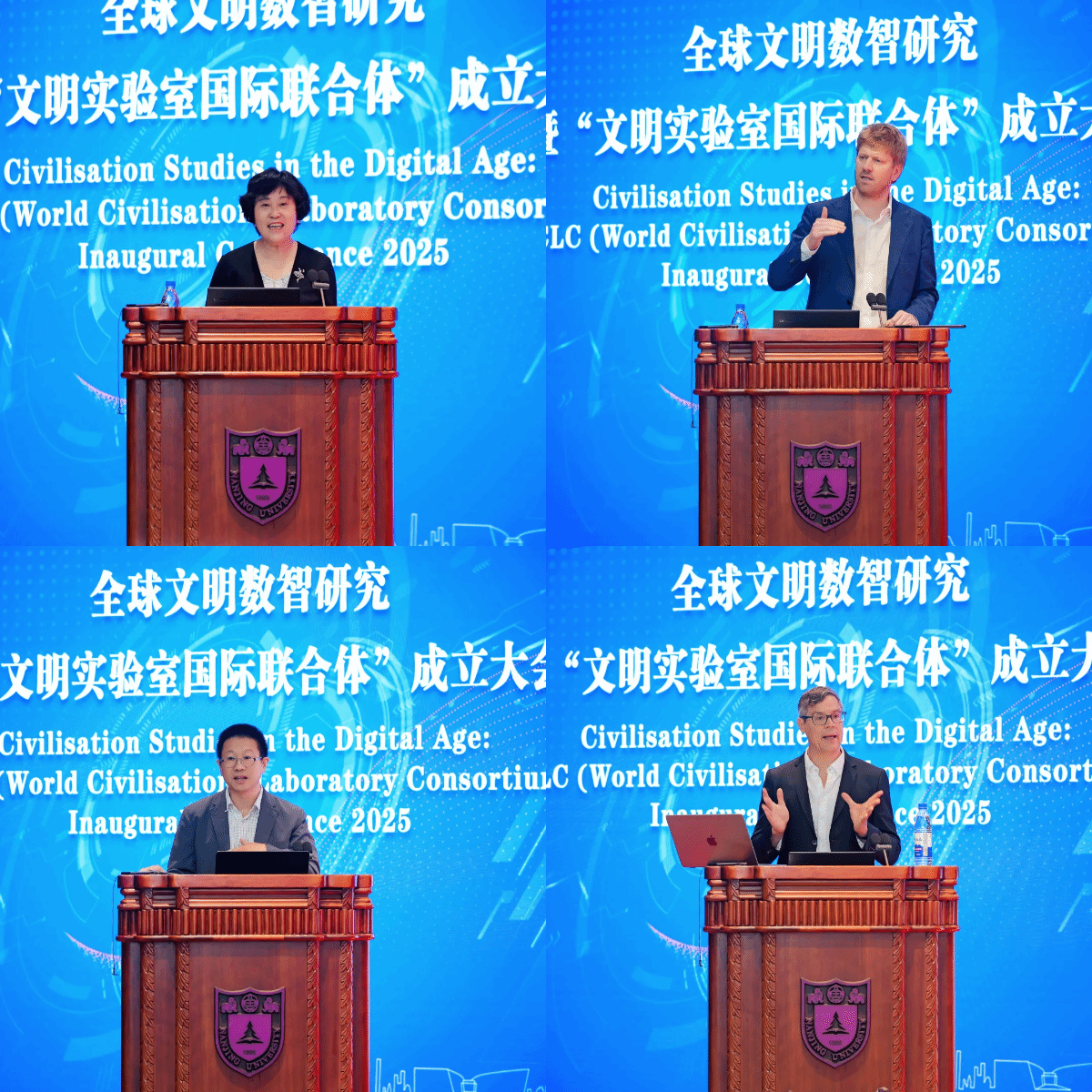
In the afternoon's "Digital Civilisation Frontier" keynote report session, several experts from institutions such as National Taiwan University, Shanghai Academy of Social Sciences, and Hong Kong University of Science and Technology gave reports focusing on artificial intelligence, humanities and social sciences, and civilization knowledge co-creation, further expanding the global vision of civilization research. Concurrent sub-forums focused on themes such as "Digital Civilisation Infrastructure", "Frontier Issues in Digital Humanities", and "Digital Cultural Heritage and Communication", with scholars from Tsinghua University, Sun Yat-sen University, Southeast University, Nanjing Normal University, and other universities participating in the discussions.
Nearly a hundred experts, scholars, and institutional representatives from China, the United Kingdom, Belgium, South Korea, and other countries attended the conference.
